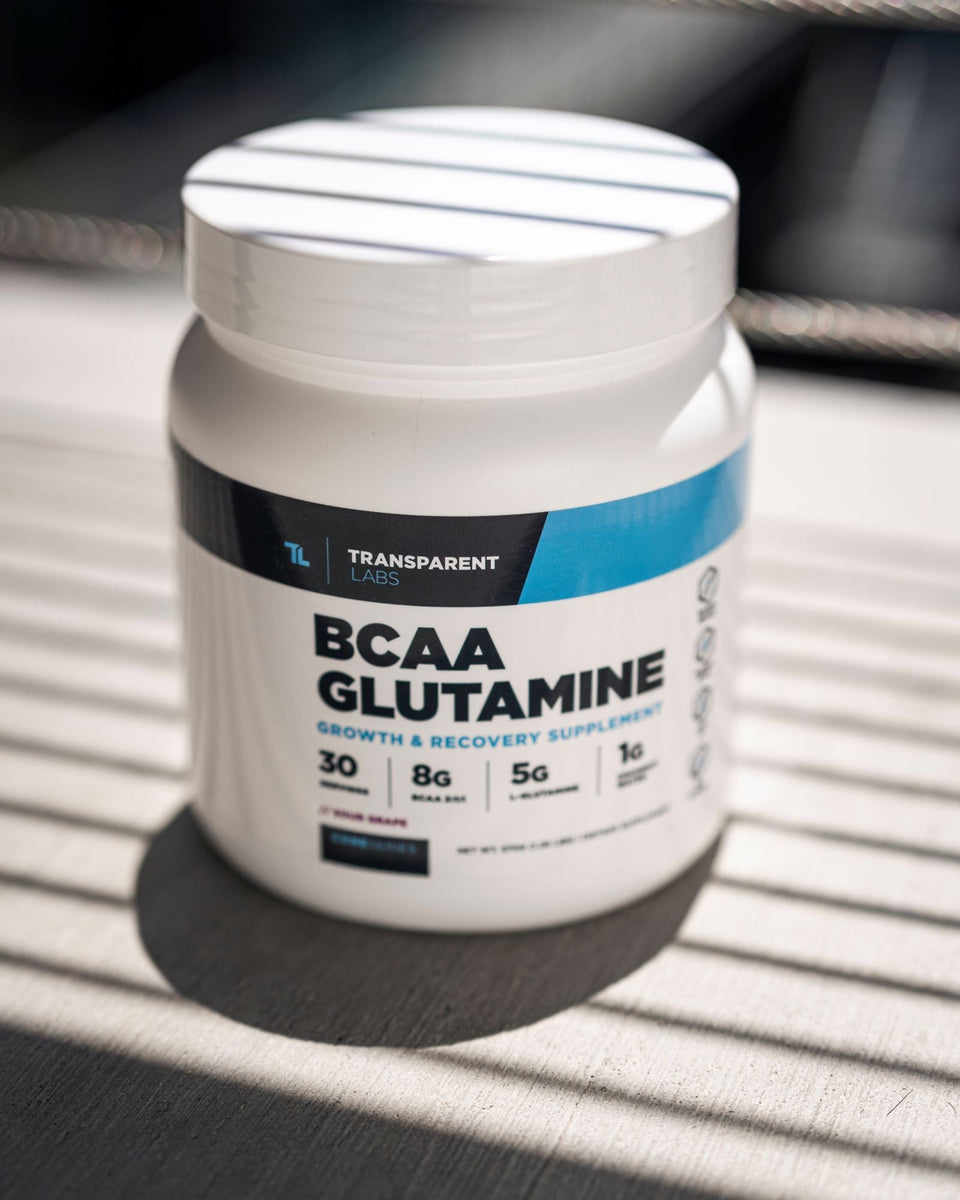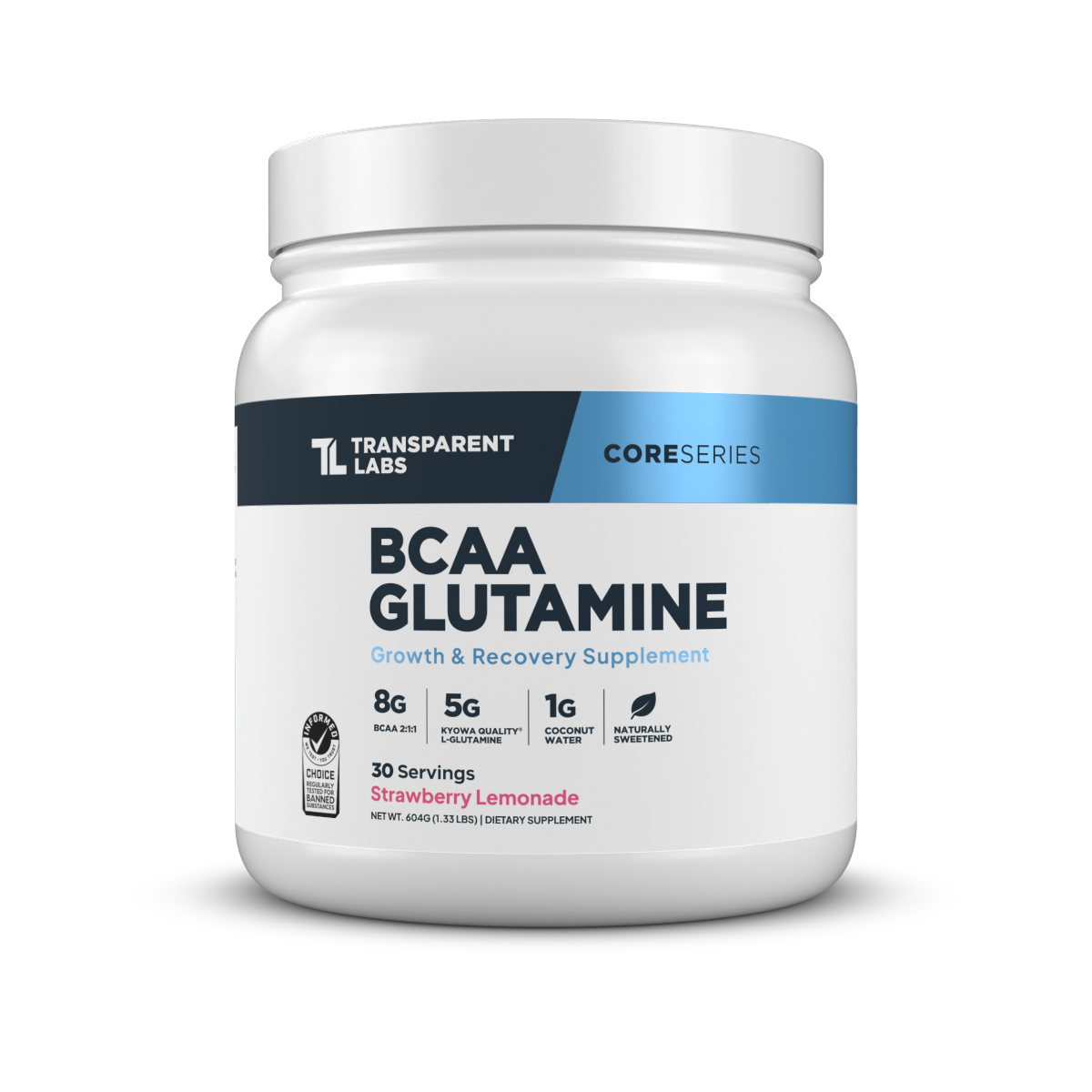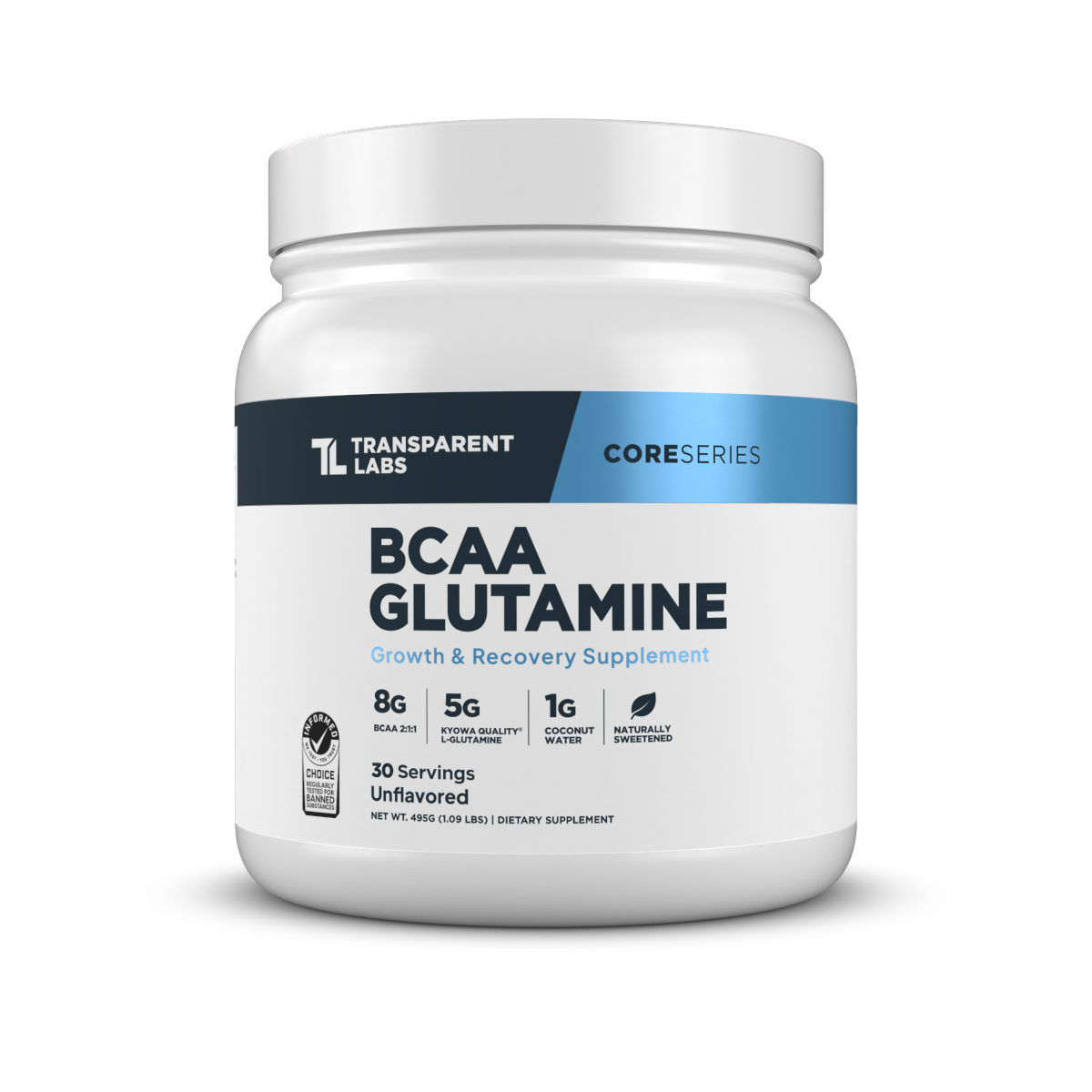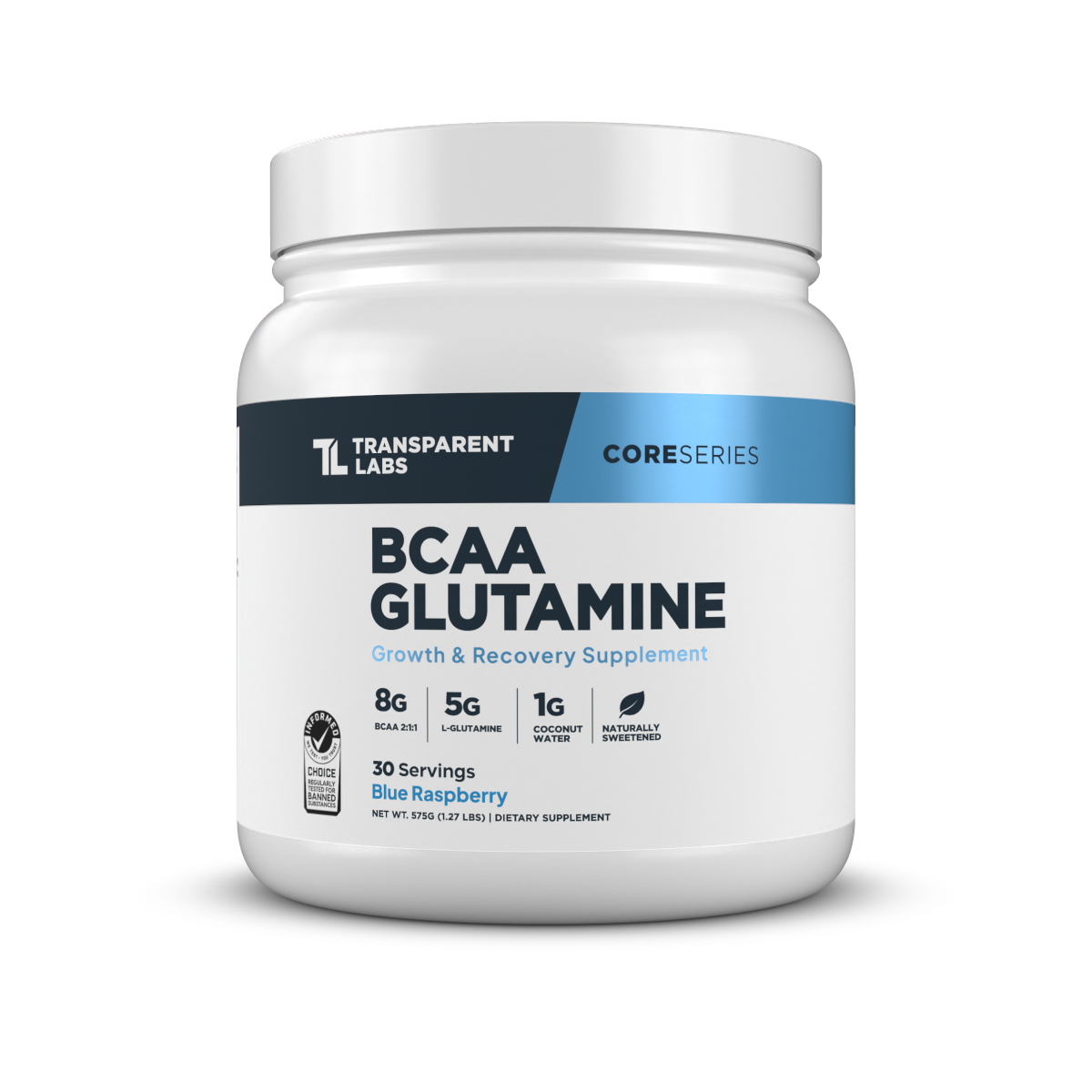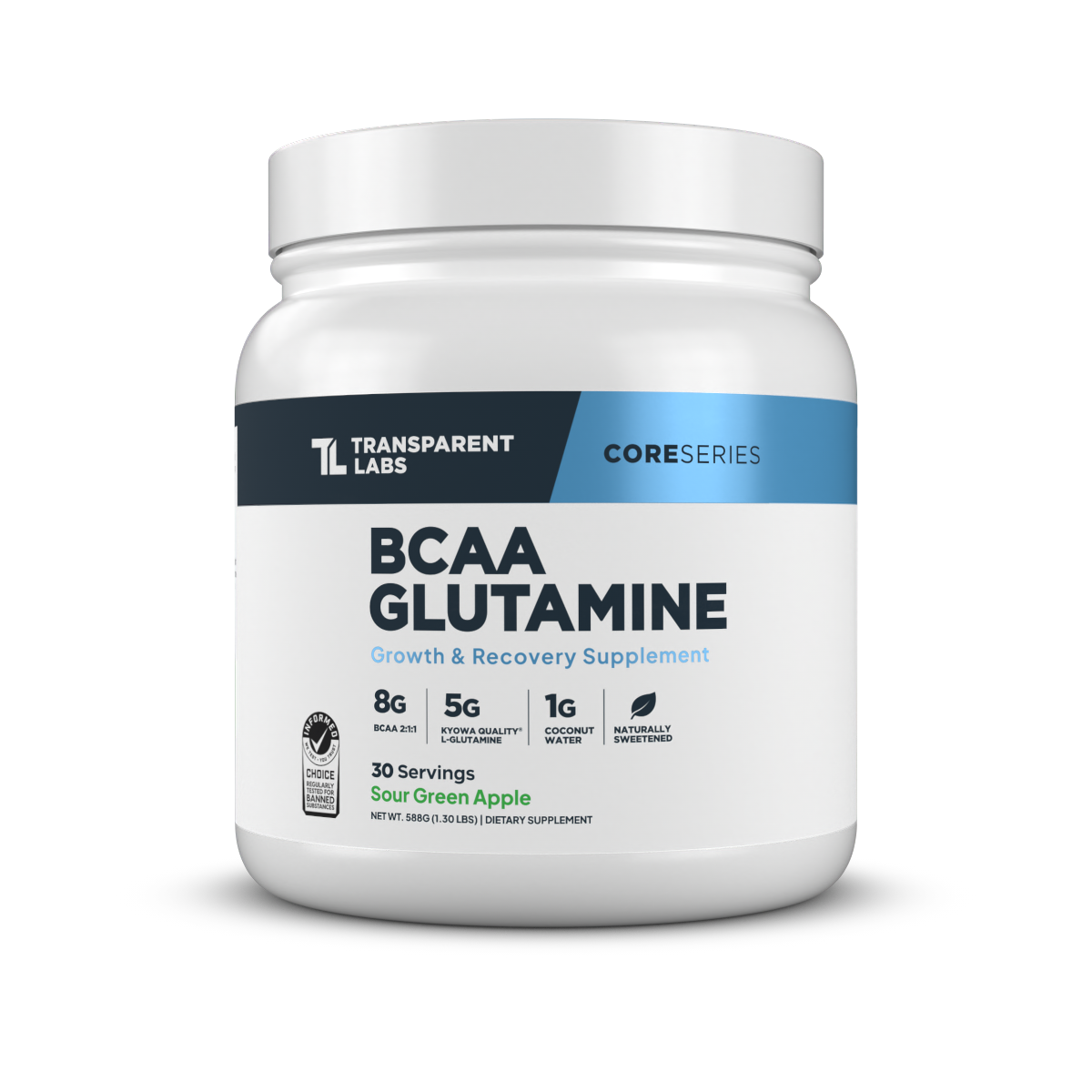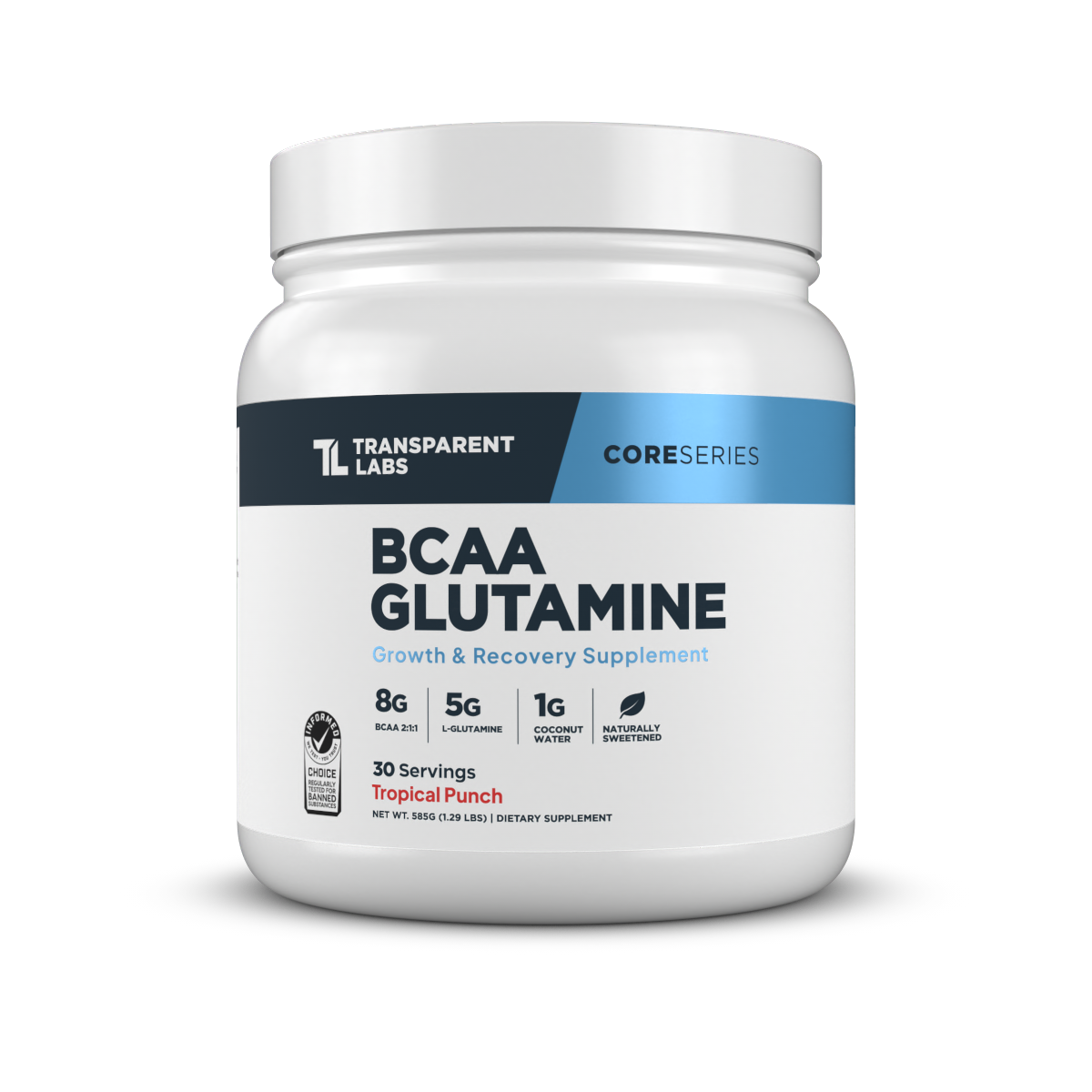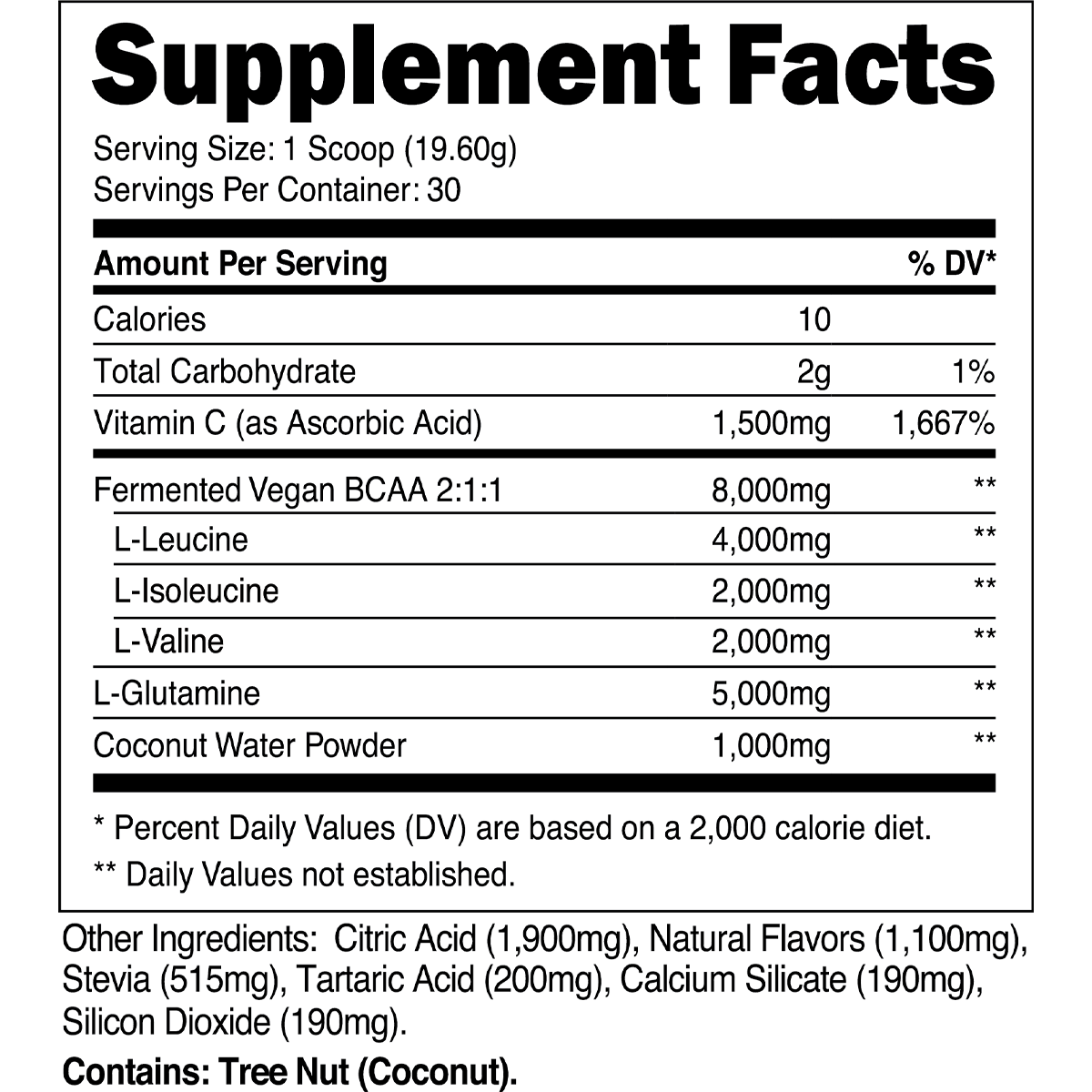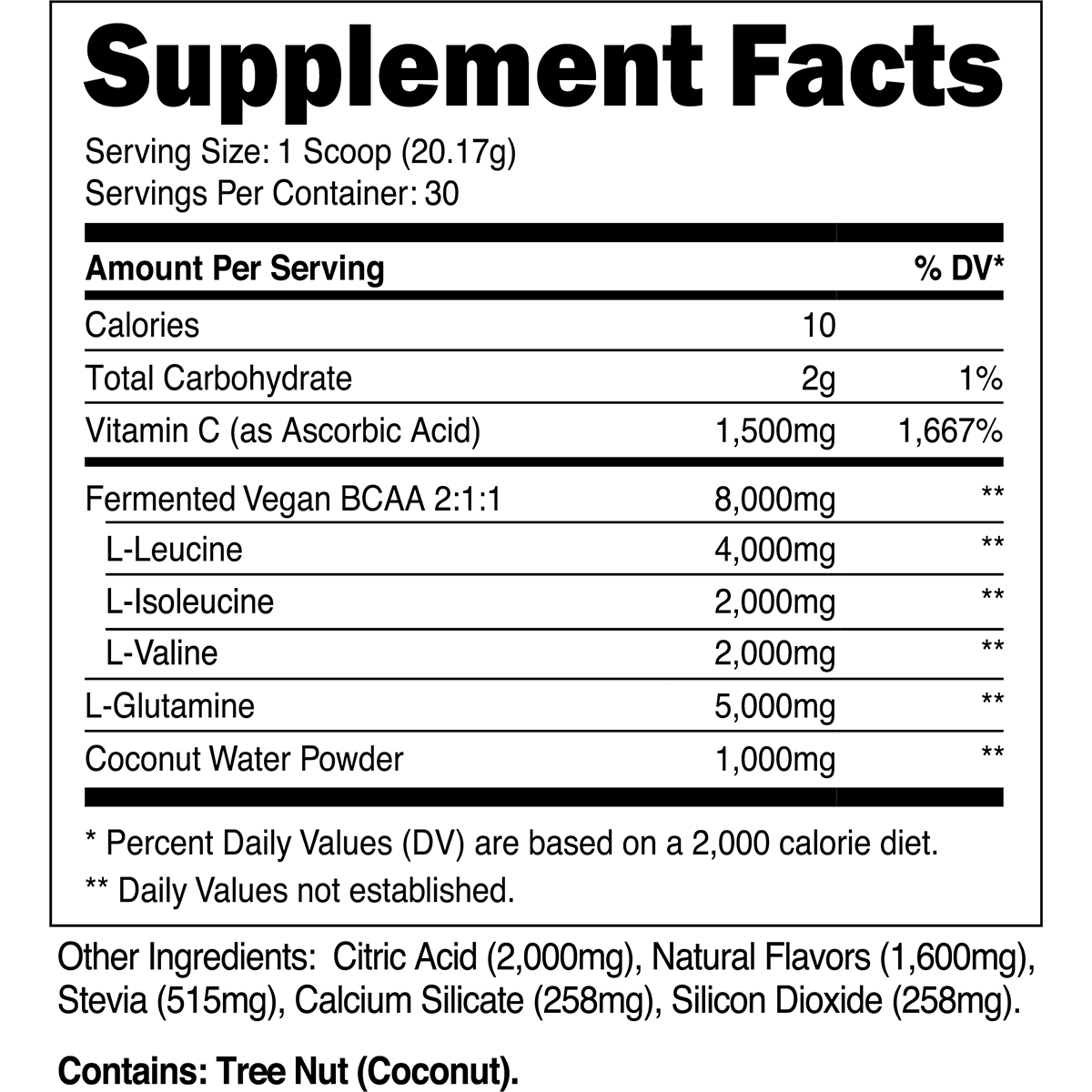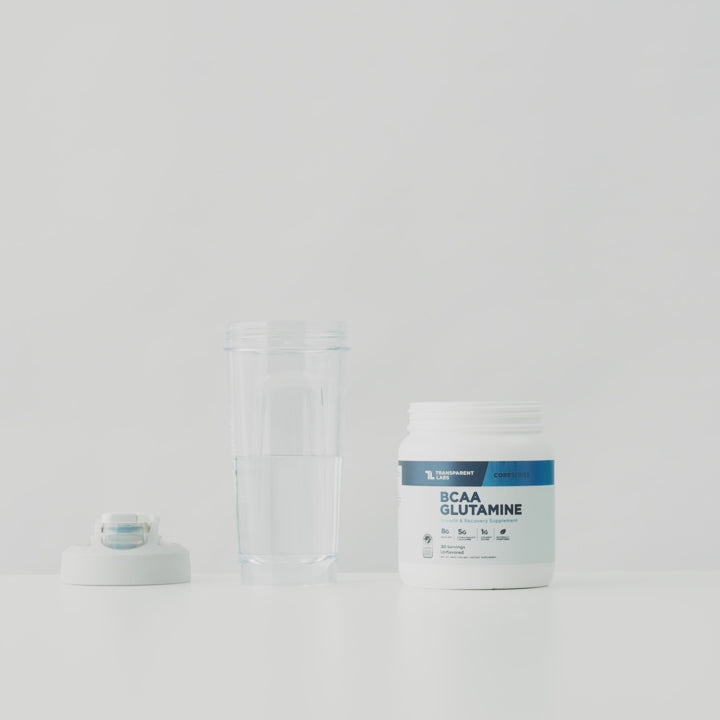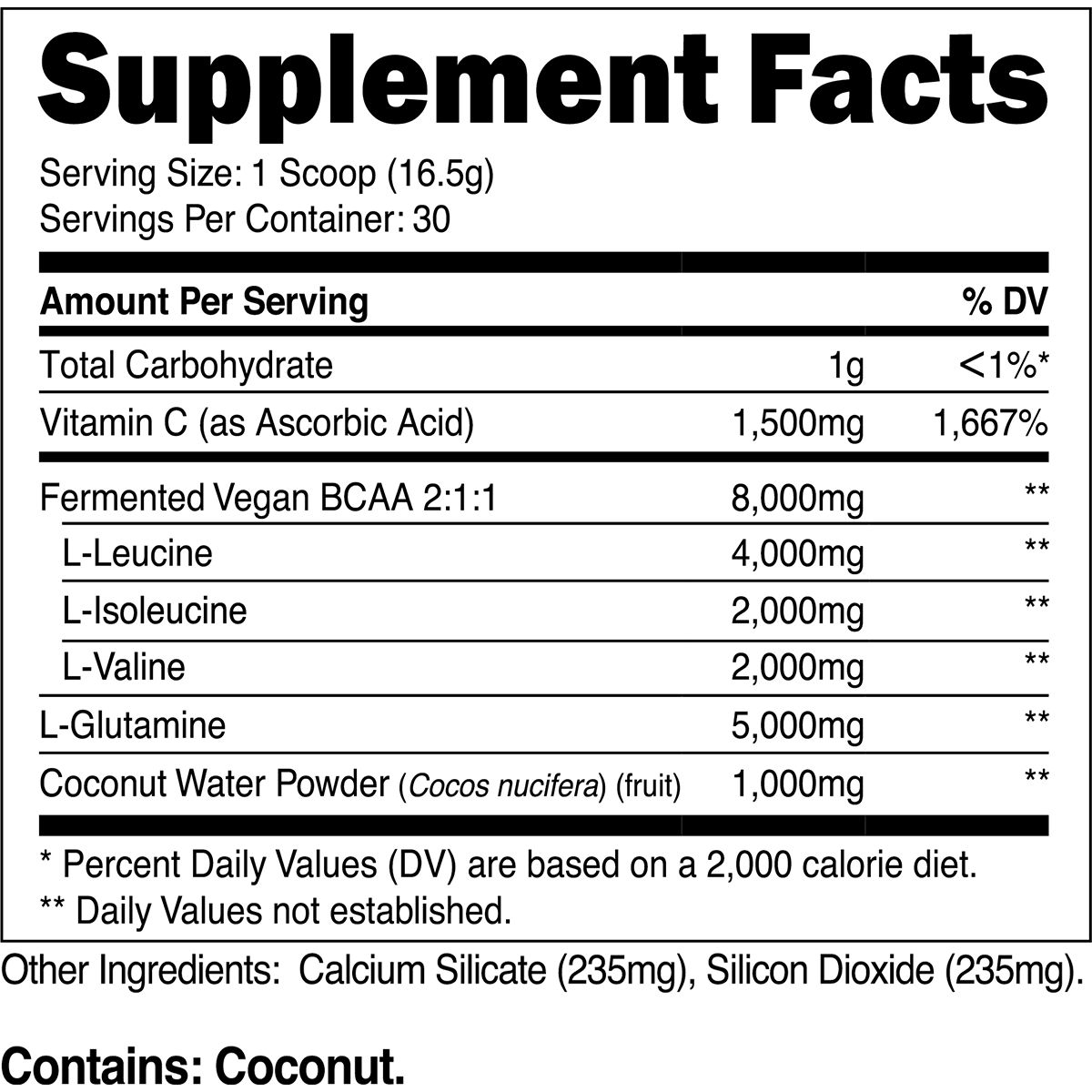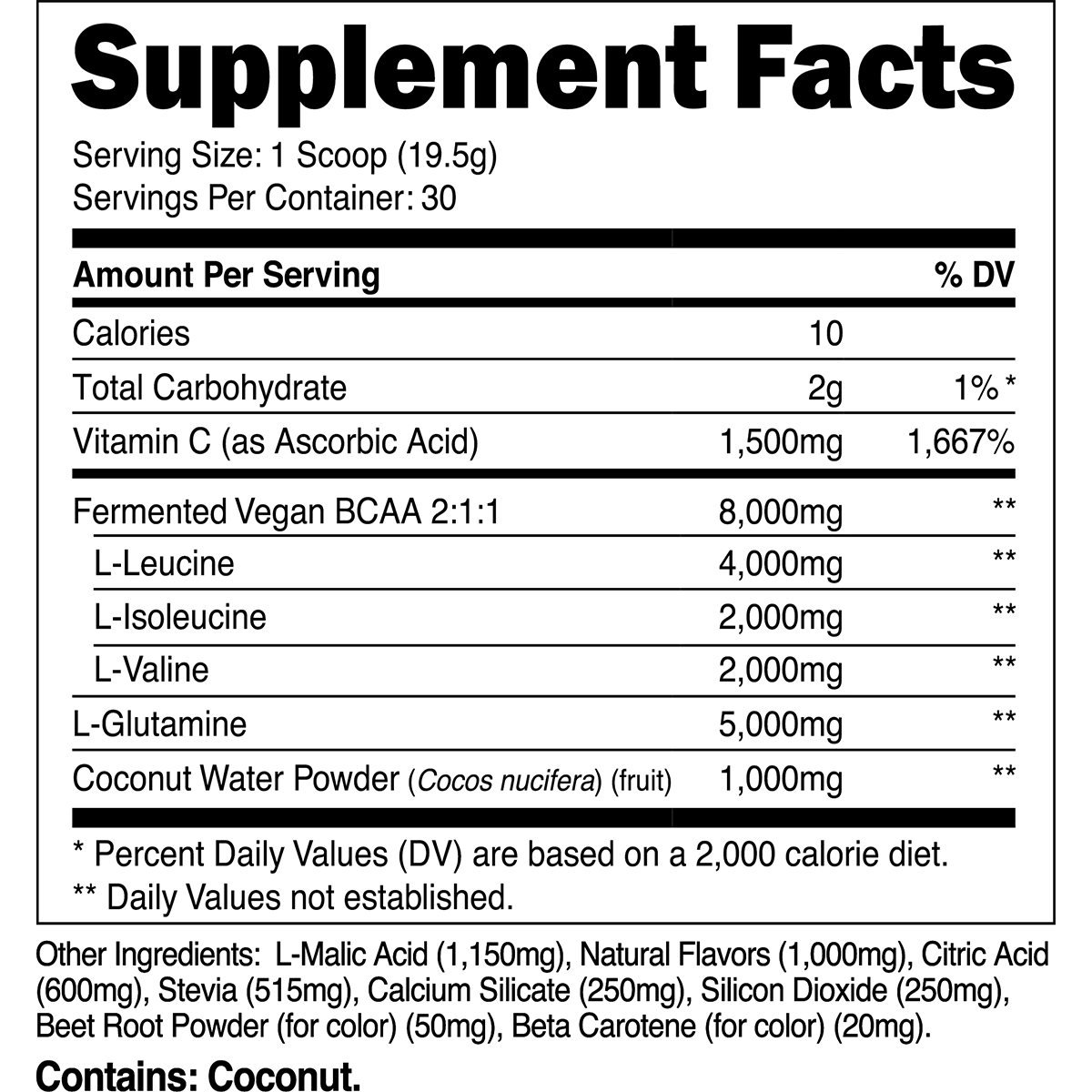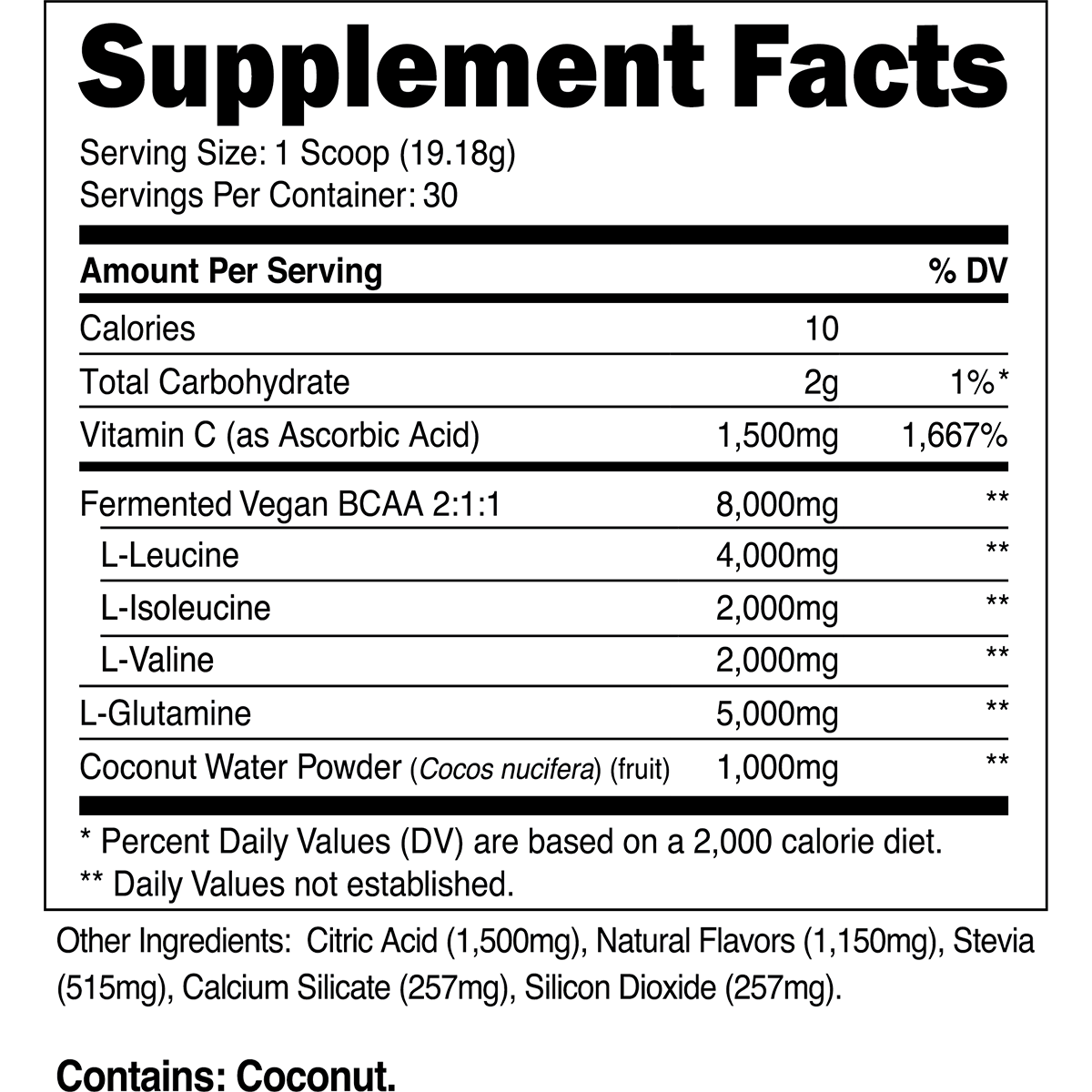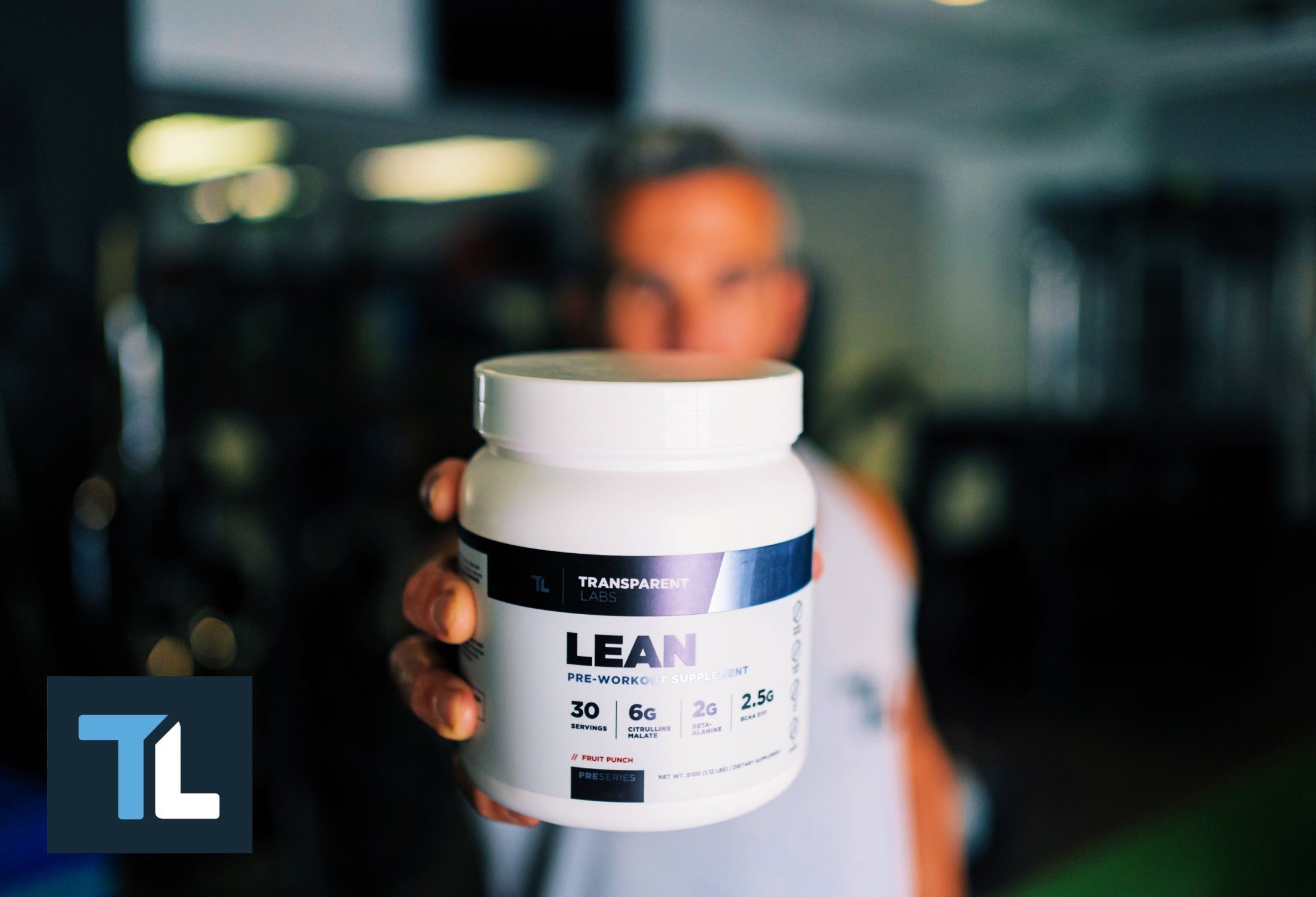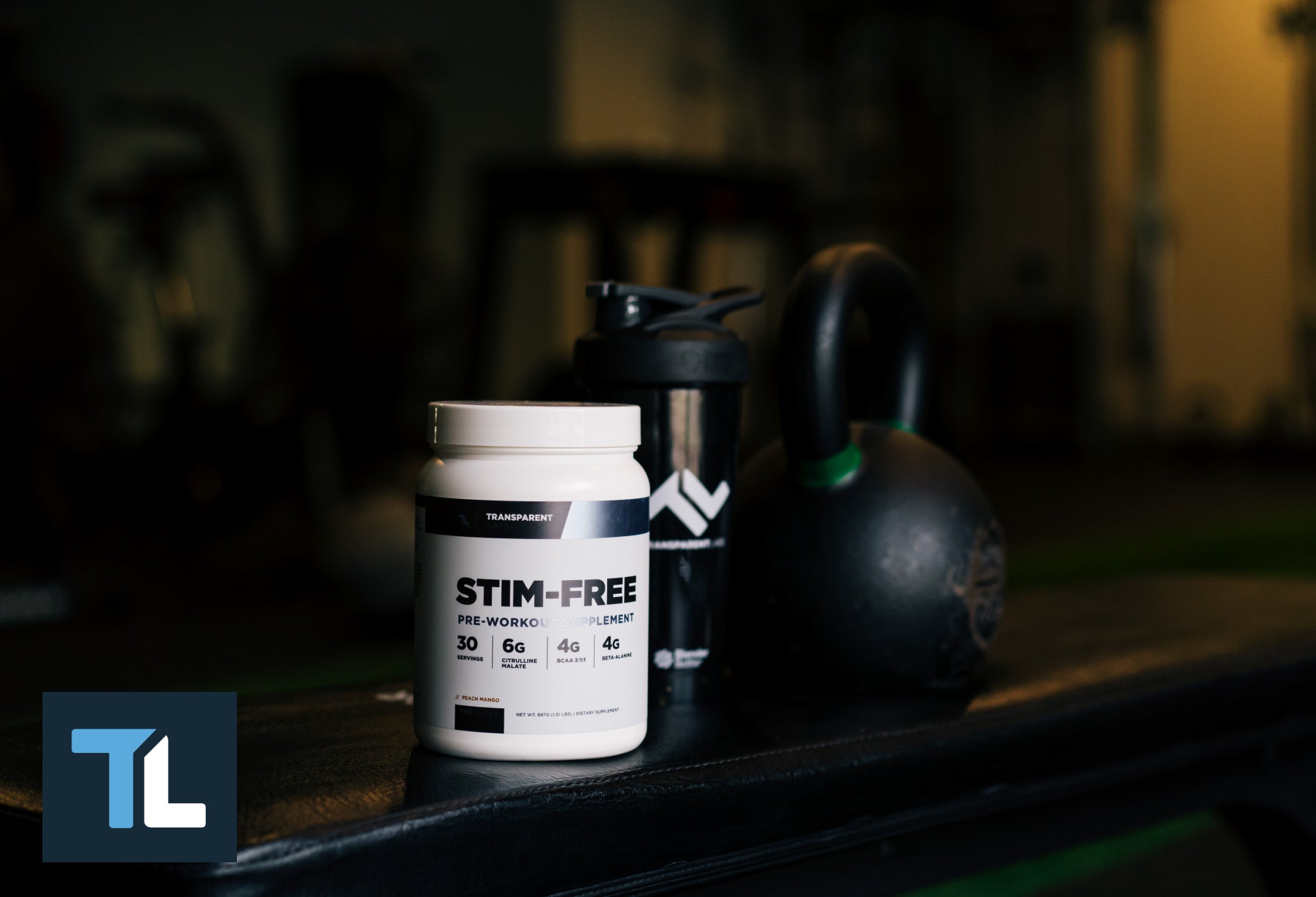Want to get the most out of your BCAAs? Timing is key. Learn the best times for when to take BCAAs—before, during, and after workouts—for optimal muscle growth and recovery.
When to Take BCAAs: Understanding Branched-Chain Amino Acids
Branched-Chain Amino Acids, or BCAAs, consist of three essential amino acids: leucine, isoleucine, and valine. BCAAs are part of the nine essential amino acids required by the body for muscle repair and growth. They are vital for building and repairing muscle tissue. Unlike other amino acids, BCAAs are primarily metabolized in skeletal muscle rather than the liver, which has a significant impact on muscle protein synthesis and muscle protein breakdown. (Source)
For optimal muscle repair and growth, consider the Transparent Labs Protein Collection—high-quality options to support your fitness goals. Explore the collection here.
The unique metabolism of BCAAs enables them to play a vital role in muscle maintenance and growth. They are not synthesized by the body and must be obtained through diet or supplements. BCAAs are found in protein-rich foods such as meat, dairy, eggs, fish, nuts, and legumes. (Source) BCAA supplements are integral for enhancing muscle protein synthesis and reducing muscle protein breakdown. (Source)
Adding BCAAs to your diet promotes muscle growth by limiting protein breakdown and encouraging protein synthesis in skeletal muscles. Whether through natural food sources or BCAA powder, these essential amino acids are the building blocks for muscle protein and overall muscle health.
What are BCAAs?
BCAAs, or Branched-Chain Amino Acids, are a group of three essential amino acids: leucine, isoleucine, and valine. They are termed “branched-chain” due to their unique chemical structure, which sets them apart from other amino acids. As essential amino acids, BCAAs cannot be synthesized by the body and must be obtained through diet or supplements. These amino acids play a crucial role in muscle growth, recovery, and maintenance, making them indispensable for anyone looking to enhance their muscle health and performance. (Source)
Benefits of BCAAs
BCAAs offer a multitude of benefits for athletes and individuals who engage in regular physical activity. One of the primary advantages is their ability to reduce muscle soreness and fatigue, allowing for more effective and frequent training sessions. (Source) BCAAs also promote muscle growth and recovery by supporting muscle protein synthesis and reducing muscle breakdown. This dual action is essential for building and repairing muscle tissue. Additionally, BCAAs can support immune function, making them a valuable addition to any fitness regimen. (Source)
Optimal Timing for BCAA Intake
Maximizing BCAA benefits hinges on proper timing. Knowing when to take them is key to achieving optimal results. Pre, intra, and post-workout periods are ideal for consuming BCAAs, each providing unique benefits for muscle performance and recovery.
Knowing the best times to take BCAAs enhances muscle recovery, reduces soreness, and improves exercise performance. Taking BCAAs before a workout boosts energy, during maintains endurance, and after aids recovery, significantly impacting your fitness goals.
Pre-Workout BCAA Benefits
Taking BCAAs about 30 minutes before exercising enhances your workout by allowing BCAA plasma levels to peak, providing extra energy and delaying fatigue. (Source) BCAAs can help reduce exercise fatigue by lowering serotonin levels in the brain, which are associated with fatigue during exercise. This enables you to push harder and longer during your workout, crucial for achieving fitness goals.
Consuming BCAAs pre-workout helps maintain energy, prevent muscle loss, and maximize fat loss, especially during fasted workouts. Preventing muscle catabolism, BCAAs ensure the body uses fat as fuel rather than breaking down muscle, promoting muscle building and exercise performance. Consider pairing BCAAs with a pre-workout supplement for an additional energy boost.
Intra-Workout BCAA Use
Intra-workout BCAA supplementation enhances performance and maintains energy levels during exercise. Taking BCAAs during workouts alleviates central fatigue by preventing tryptophan from entering the brain, helping you stay focused and energized. (Source)
A minimum dose of 4 grams per serving is recommended during a workout to reap these benefits. Ensuring a steady BCAA supply reduces muscle protein breakdown and supports synthesis, aiding muscle maintenance and growth. This is especially beneficial during intense training sessions prone to muscle fatigue and breakdown.
Post-Workout BCAA Benefits
Post-workout BCAA intake is vital for muscle recovery and repair. After strenuous exercise, BCAAs initiate muscle protein synthesis, aiding in rebuilding and rejuvenating muscle tissues. This process is essential for muscle growth and overall recovery. BCAAs can help decrease muscle soreness, thus enhancing recovery and enabling more effective training sessions. (Source)
BCAAs reduce exercise-induced muscle damage (EIMD) and delayed onset muscle soreness (DOMS), allowing for more frequent, less painful workouts, crucial for consistent progress and muscle maintenance. (Source)
A 2018 study found that subjects who took a BCAA supplement before their workout experienced less DOMS and muscle damage, underscoring BCAAs’ effectiveness in reducing post-exercise soreness. This reduction in soreness enhances recovery and promotes muscle building by allowing more frequent and effective training sessions. (Source)

BCAA Supplementation on Rest Days
Rest days are crucial for muscle recovery and maintenance. Regular BCAA intake on rest days significantly contributes to overall recovery and maintenance. Continuing BCAA supplementation reduces muscle soreness and aids continuous muscle repair, even without strenuous activity. (Source)
BCAAs support muscle protein synthesis and maintain muscle mass by limiting muscle breakdown, crucial for preventing muscle catabolism and preparing for the next workout.
Consistent BCAA supplementation reduces post-workout recovery time and delayed onset muscle soreness (DOMS), making it essential in any fitness routine.
Combining BCAAs with Other Supplements
Combining BCAAs with other supplements enhances workout and recovery benefits. Some BCAA products include additional beneficial ingredients like glutamine or electrolytes, boosting their effectiveness. (Source) Pairing BCAAs with the right supplements optimizes your fitness regimen for better results.
Combining BCAAs with other supplements maximizes their benefits. Whether it’s glutamine, carbohydrates, or creatine, each combination offers unique advantages for muscle performance, recovery, and growth.
BCAAs and Glutamine
Combining BCAAs with glutamine benefits muscle recovery and protein synthesis. Intense exercise depletes glutamine levels, negatively affecting recovery. Supplementing with both maintains adequate levels, reducing muscle damage and promoting faster recovery. (Source)
Glutamine enhances BCAAs’ effects by aiding protein synthesis and stimulating muscle repair. This combination is effective for high-intensity workouts, preventing muscle catabolism and supporting overall muscle health.
BCAAs and Carbohydrates
Pairing BCAAs with carbohydrates enhances muscle protein synthesis, particularly through leucine. Leucine’s effects amplify when combined with carbohydrates. (Source)
This combination optimizes the anabolic response, maximizing muscle protein synthesis and promoting growth. Pairing BCAAs with carbohydrates is effective for muscle building and recovery.
BCAAs and Creatine
Combining BCAAs and creatine improves exercise performance and muscle endurance. Creatine boosts energy and endurance, making it a popular choice with BCAAs. (Source)
Using BCAAs with creatine delays fatigue, allowing longer, more intense workouts. This combination supports higher energy levels and better performance in high-intensity training, promoting muscle growth and endurance.
BCAAs and creatine together enhance muscle protection, reduce breakdown, and promote lean muscle mass. Their synergistic effect makes them valuable in any sports nutrition plan.
Dosage and Administration
Proper dosage and administration are key to maximizing BCAA benefits. The recommended range is 3-20 grams daily, with an optimal dose of 0.2 grams per kilogram of body weight. Splitting the daily dose into multiple servings enhances effectiveness, ensuring a steady BCAA supply throughout the day. (Source)
Pay attention to amino acid ratios in BCAA supplements. A common and effective ratio is 2:1:1 for leucine, isoleucine, and valine, with leucine being the most abundant. This ratio maximizes the benefits of each amino acid, supporting muscle protein synthesis and reducing breakdown.
BCAA Side Effects and Interactions
While BCAAs are generally considered safe and well-tolerated, it’s important to be aware of potential side effects and interactions. High doses of BCAAs may cause stomach upset, nausea, and diarrhea in some individuals. Moreover, BCAAs can interact with certain medications, such as blood thinners, and may exacerbate underlying health conditions like kidney or liver disease. Therefore, it is crucial to consult with a healthcare professional before starting BCAA supplementation, especially if you have any pre-existing health conditions or are taking other medications. (Source)
Who Can Benefit from BCAAs?
BCAAs can be beneficial for a wide range of individuals, particularly athletes and those who engage in regular physical activity such as weightlifting, running, or cycling. They are also advantageous for individuals aiming to build muscle or lose weight, as BCAAs support muscle recovery and growth. (Source) Additionally, BCAAs can be beneficial for those recovering from an injury or surgery, as they help promote muscle repair and reduce recovery time. By incorporating BCAAs into your routine, you can enhance your overall muscle health and performance.

Choosing the Right BCAA Supplement
Choosing the right BCAA supplement is key to achieving the best results. Look for supplements with high bioavailability for better absorption and efficacy. A clean ingredient profile is important; avoid products with fillers or artificial additives that may hinder effectiveness. (Source)
Third-party testing is crucial for safety and quality assurance. Choose BCAA supplements with verified testing results to ensure high quality.
Selecting the right supplement maximizes the benefits of BCAA supplementation and effectively supports your fitness goals.
Summary
Incorporating BCAAs into your fitness routine can provide numerous benefits, from enhancing muscle performance and recovery to reducing muscle soreness. By understanding the optimal times to take BCAAs and how to combine them with other supplements, you can maximize their effectiveness and achieve your fitness goals more efficiently.
Remember, the key to reaping the benefits of BCAA supplementation lies in proper timing, dosage, and choosing the right supplement. With the right approach, BCAAs can become a powerful tool in your fitness arsenal, helping you build muscle, recover faster, and perform better.
Frequently Asked Questions
What are Branched-Chain Amino Acids (BCAAs)?
BCAAs, or Branched-Chain Amino Acids, are essential amino acids made up of leucine, isoleucine, and valine, which are vital for muscle protein synthesis and minimizing muscle protein breakdown. Understanding their importance can enhance your approach to fitness and recovery. (Source)
When is the best time to take BCAAs?
The best time to take BCAAs is before, during, or after workouts, as each timing enhances muscle performance and promotes recovery. Choose the timing that best fits your routine for optimal results. (Source)
Can I take BCAAs on rest days?
Taking BCAAs on rest days is beneficial as it aids in muscle recovery, reduces soreness, and supports muscle protein synthesis. Therefore, incorporating them into your routine can enhance your overall recovery process. (Source)
How do BCAAs help with muscle soreness?
BCAAs help mitigate muscle soreness by reducing exercise-induced muscle damage and the severity of delayed onset muscle soreness (DOMS), which enables you to train more effectively and frequently. (Source)
What should I look for in a BCAA supplement?
Choose BCAA supplements that offer high bioavailability, a clean ingredient profile, and undergo third-party testing to guarantee safety and quality. This will ensure you are getting an effective product. (Source)
Can I take BCAAs on an empty stomach?
Yes, BCAAs can be taken on an empty stomach, and doing so may even enhance their absorption and utilization by the body. However, it’s important to note that some individuals may experience stomach upset when taking BCAAs without food. If you find that taking BCAAs on an empty stomach causes discomfort, consider consuming them with a meal or snack to mitigate any adverse effects. (Source)
How often should I take BCAAs?
The frequency of BCAA intake depends on your individual needs and fitness goals. For athletes and those who engage in regular physical activity, taking BCAAs before, during, and after exercise can be particularly beneficial. If your goal is to build muscle or lose weight, you might consider taking BCAAs 2-3 times per day. It’s always best to consult with a healthcare professional or registered dietitian to determine the optimal dosage and frequency of BCAA supplementation tailored to your specific needs. (Source)
Key Takeaways
-
BCAAs, including leucine, isoleucine, and valine, are essential for muscle growth and recovery, primarily metabolized in skeletal muscle. (Source)
-
Optimal timing for BCAA intake is crucial; taking them pre, intra, and post-workout can enhance energy, endurance, and recovery. (Source)
-
For maximum efficacy, BCAAs should be combined with other supplements like glutamine, carbohydrates, and creatine, while adhering to a proper dosage.
